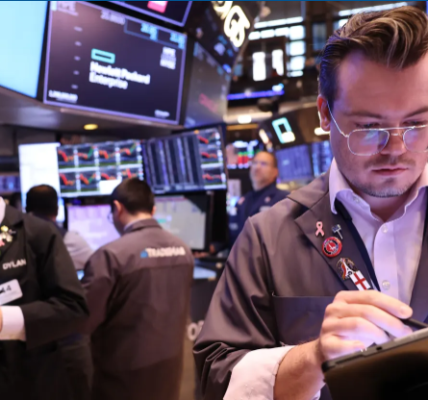
At the recent Yale CEO Caucus, approximately 60 top executives shared their perspectives on the economy in a wide-ranging, informal survey. The results revealed a surprising sentiment: optimism. Despite widespread economic pessimism in national polls, the CEOs in attendance are overwhelmingly confident about the resilience and trajectory of the U.S. economy.
Surprising Strength
A striking 81% of CEOs admitted they were surprised by how well the economy has performed this year. Even more, 84% believe the economy is on course for a soft landing—where inflation cools without triggering a significant recession—while only 10% foresee a recession and a mere 6% expect stagflation.
This stands in contrast to earlier doomsday predictions, such as one prominent banker’s warning of an “economic hurricane” or voters’ more negative outlook. Polling from sources like the Harvard Harris Poll and Morning Consult reflects widespread economic pessimism. However, 74% of CEOs surveyed believe the economy is outperforming the grim sentiment captured by these polls.
The Data Tells the Story
These CEOs’ optimism aligns with key economic indicators. U.S. GDP growth rebounded to a robust 3.0% in the second quarter of 2024, outpacing expectations, with annual growth projected at 2.7%. The World Bank even credited the U.S. economy with driving 80% of the upward revision in global growth, calling it “impressively resilient.”
Inflation, once a top concern, continues to decline. August’s Consumer Price Index (CPI) fell to a three-year low of 2.5%, marking the third consecutive month of sub-3% readings. CEOs were quick to point out that this drop occurred without the anticipated spike in unemployment. In fact, unemployment remains near historic lows, last seen in the 1960s. Meanwhile, wage growth now outpaces inflation, with real incomes rising at 5.1% annually. Since 2021, incomes have grown $3,776 faster than prices, providing Americans with real purchasing power gains.
Contrary to the warnings of some economists—who predicted interest rates would need to trigger significant unemployment to curb inflation—the economy has avoided such dire outcomes. One economist had forecasted that 10% unemployment for one year (or 6% for three years) was necessary to bring inflation down. These grim predictions, as CEOs noted, have proven incorrect.
Corporate Resilience and Consumer Confidence
Financial markets also support this optimism. Major U.S. stock indices are near record highs, having set over 40 new all-time records this year. Resilient corporate earnings and stronger-than-expected consumer spending have been key drivers. In fact, consumer spending is forecasted to rise by 2.4% in 2024, surpassing last year’s growth.
While the Federal Reserve recently cut interest rates, the CEOs surveyed were unanimous in their belief that rates are still too high. Interestingly, they also agreed that inflation’s decline has occurred despite, not because of, the Fed’s rate policies. None of the respondents believed rates should be raised further, and many felt the business media’s fixation on Fed speculation detracts from other important economic issues.
A Dynamic and Resilient Future
At a time when the economy is a central focus of the 2024 presidential race, these CEOs’ optimism offers a refreshing counterpoint to the prevailing narrative. They see a nation defined by dynamism, resilience, and growth, despite challenges.
As one CEO put it, the strength of the U.S. economy is a reminder of the wisdom of Yogi Berra: “The future ain’t what it used to be.” In this case, it may be brighter than many expect.


